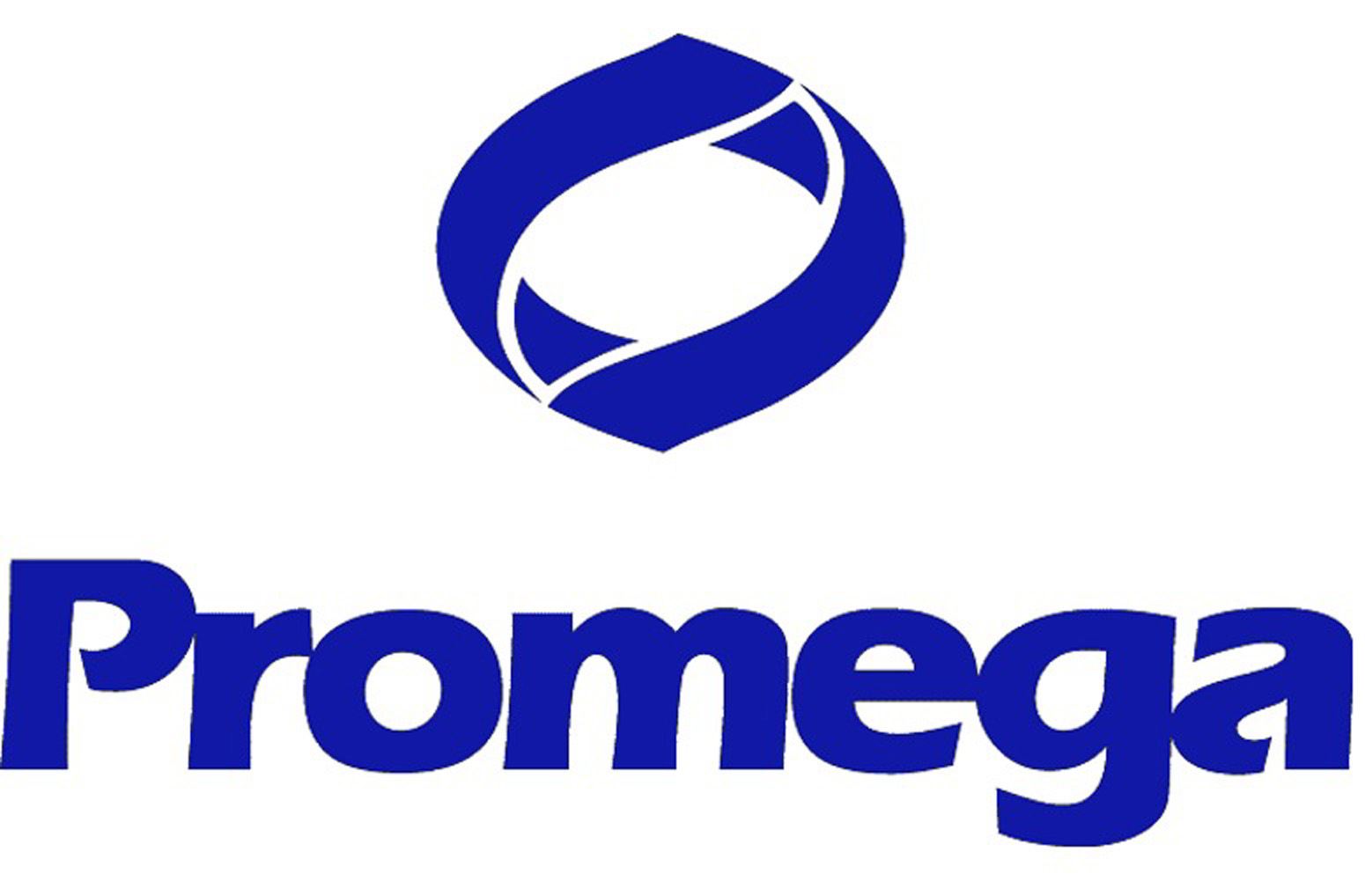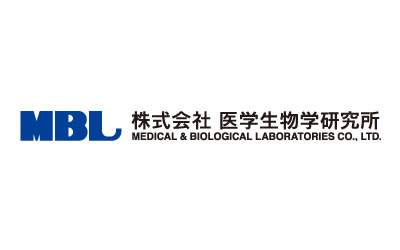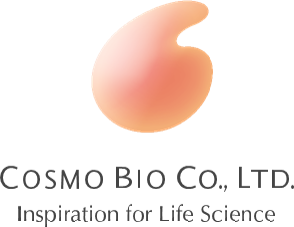Team:Nagahama
From 2014.igem.org
IGEMBiwako (Talk | contribs) |
(→Gold Medal) |
||
| (94 intermediate revisions not shown) | |||
| Line 1: | Line 1: | ||
| - | |||
| - | |||
| - | |||
<html> | <html> | ||
| Line 31: | Line 28: | ||
<td width="162px" align="center" onMouseOver="this.bgColor='#FEE5AD'" onMouseOut="this.bgColor='#A1DBB2'" bgColor=#A1DBB2> | <td width="162px" align="center" onMouseOver="this.bgColor='#FEE5AD'" onMouseOut="this.bgColor='#A1DBB2'" bgColor=#A1DBB2> | ||
| - | <a href="https://2014.igem.org/Team: | + | <a href="https://2014.igem.org/Team:Nagahama_Parts" style="text-decoration:none;color:#1C140D"> |
PARTS | PARTS | ||
</a> | </a> | ||
| Line 43: | Line 40: | ||
<td width="162px" align="center" onMouseOver="this.bgColor='#FEE5AD'" onMouseOut="this.bgColor='#A1DBB2'" bgColor=#A1DBB2> | <td width="162px" align="center" onMouseOver="this.bgColor='#FEE5AD'" onMouseOut="this.bgColor='#A1DBB2'" bgColor=#A1DBB2> | ||
| - | <a href="https://2014.igem.org/Team: | + | <a href="https://2014.igem.org/Team:Nagahama_Policy_&_Practice" style="text-decoration:none;color:#1C140D"> |
| - | + | Policy & Practice | |
</a> | </a> | ||
</td> | </td> | ||
| Line 69: | Line 66: | ||
</tr> | </tr> | ||
</table> | </table> | ||
| + | </html> | ||
<!-- end of menu --> | <!-- end of menu --> | ||
| + | =We achieve '''GOLD''' Medal Criteria!= | ||
| + | ==Bronze Medal== | ||
| - | < | + | ;Register the team, have a great summer, and plan to have fun at the Giant Jamboree. : Yes, we are looking forward to having fun at the at the Giant Jamboree. |
| - | + | <br> | |
| - | < | + | ; Successfully complete and submit this iGEM 2014 Judging form. : Yes, pleas look at [https://igem.org/2014_Judging_Form?id=1342 HERE]. |
| - | < | + | <br> |
| - | < | + | ; Create and share a Description of the team's project using the iGEM wiki and the team's parts using the Registry of Standard Biological Parts. : Thank you for visiting us!! |
| + | <br> | ||
| + | ; Plan to present a Poster and Talk at the iGEM Jamboree. : Yes. We plan on enjoying at the iGEM Jamboree!! | ||
| + | <br> | ||
| + | ; The description of each project must clearly attribute work done by the students and distinguish it from work done by others, including host labs, advisors, instructors, sponsors, professional website designers, artists, and commercial services. Please see the iGEM 2011 Imperial College Acknowledgements page for an example. : We assigned a role to accomplished project in this year. pleas look at [https://2014.igem.org/Team:Nagahama_team HERE]. | ||
| + | <br> | ||
| + | ; Document at least one new standard BioBrick Part or Device used in your project/central to your project and submit this part to the iGEM Registry (submissions must adhere to the iGEM Registry guidelines). Please note you must submit this new part to the iGEM Parts Registry. Please see the Registry help page on adding new parts. A new application and/or outstanding documentation (quantitative data showing the Part's/ Device's function) of a previously existing BioBrick part also counts. Please see the Registry help page on how to document your contributions. To fulfill this criteria, you will also need to submit the part with its original part name to the Registry, following the submission guidelines. : Yes, please look at [https://2014.igem.org/Team:Nagahama_Parts HERE]. | ||
| + | <br> | ||
| - | + | ==Silver Medal== | |
| + | ; Experimentally validate that at least one new BioBrick Part or Device of your own design and construction works as expected. | ||
| + | ; Document the characterization of this part in the Main Page section of that Part's/Device's Registry entry. | ||
| + | ; Submit this new part to the iGEM Parts Registry (submissions must adhere to the iGEM Registry guidelines). : Pleas look at [http://parts.igem.org/wiki/index.php?title=Part:BBa_K1342001 BBa_K1342001]. | ||
| + | ; iGEM projects involve important questions beyond the bench, for example relating to (but not limited to) ethics, sustainability, social justice, safety, security, or intellectual property rights. Articulate at least one question encountered by your team, and describe how your team considered the(se) question(s) within your project. Include attributions to all experts and stakeholders consulted. : We Articulated "On a region polluted by the Heavy Metal,Should we use E. coli designed by iGEM Nagahama?" as a question by our team, and described our idea at [https://2014.igem.org/Team:Nagahama_Policy_&_Practice this page]. | ||
| - | + | ==Gold Medal== | |
| - | + | ; Improve the function OR characterization of an existing BioBrick Part or Device (created by another team or your own institution in a previous year), enter this information in the Registry. Please see the Registry help page on how to document a contribution to an existing part. :We removed LVA tag in [http://parts.igem.org/Part:BBa_C0083 BBa_C0083] resulting to new BioBrick part [http://parts.igem.org/wiki/index.php?title=Part:BBa_K1342002 BBa_K1342002]. And there was no assay system for aspartic acid synthesis in this part until we did TLC assay. So we are confident of gold medal. | |
| + | ;Help any registered iGEM team from another school or institution by, for example, characterizing a part, debugging a construct, or modeling or simulating their system. : | ||
| + | *[https://2014.igem.org/Team:Nagahama_Policy_&_Practice#Collaborate_with_other_iGEM_teams.21 Collaborate with other iGEM teams!] | ||
| + | :We collaborate with [https://2014.igem.org/Team:Gifu/Human_Practice Gifu team]. We eliminated BBa_K519010's PstI site. And we send this improved part to Gifu team. | ||
| + | *[https://2014.igem.org/Team:Nagahama_Policy_&_Practice#iGEM_Japan iGEM Japan] | ||
| + | :We discussed iGEM JAPAN’s future initiative.At this meeting in Nagahama, iGEM JAPAN created a Facebook page and a group of LINE. Our future plan is to make a website directed toward the outside. | ||
| + | *[https://2014.igem.org/Team:Nagahama_Policy_&_Practice#School_festival_at_the_Universtiy_of_Tokyo School festival at the Universtiy of Tokyo] | ||
| + | :We took part in School festival at the Universtiy of Tokyo on May 18th. We did a poster session about synthetic biology. | ||
| + | ; iGEM projects involve important questions beyond the bench, for example relating to (but not limited to) ethics, sustainability, social justice, safety, security, or intellectual property rights. Describe an approach that your team used to address at least one of these questions. Evaluate your approach, including whether it allowed you to answer your question(s), how it influenced the team's scientific project, and how it might be adapted for others to use (within and beyond iGEM). We encourage thoughtful and creative approaches, and those that draw on past Policy & Practice (formerly Human Practices) activities. : | ||
| + | *[https://2014.igem.org/Team:Nagahama_Policy_&_Practice#Nagahama_Meetup Nagahama Meetup] | ||
| + | :We think ethics and safety on iGEM projects. iGEM Nagahama decided to do human practices to know synthetic biology. We had great opportunity to think on iGEM project. We participated in [https://2014.igem.org/Meetups The 86th Annual Meeting of The Genetics Society of Japan at Nagahama Institute of Bio-Sience and Technology in September 17th-20th, 2014]. We proposed the workshop of synthetic biology and invited general public, iGEM Teams, researchers and instructors of synthetic biology there, because we wanted to know and learn relation of synthetic biology and society. This is a so big event that is enough to win the Best Policy & Practice Advance. | ||
| - | + | =Abstract= | |
| - | + | Cadmium is the heavy metal which is very harmful to a creature. The pollution of cadmium brings a serious problem for natural environments. It is very important to collect this efficiently. We tried to solve this problem with recombination ''Escherichia coli'' which our team made in this year. | |
| - | + | We decided to make two kinds of recombination ''Escherichia coli''. One traps cadmium on the outer membrane. It produces fusion protein with the heavy metal binding protein and outer membrane protein and it traps cadmium. Another collects other ''Escherichia coli''. It produces aspartic acid of positive chemotaxis factor to ''Escherichia coli''. | |
| - | + | ||
| - | + | ||
| + | Is it necessary to distribute it to two kinds of why? We suggest the following theory for this question. | ||
| + | <font size=3>"One ''E. coli'' has One function theory"</font> | ||
| - | + | There is the possibility that the following demerit occurs when I summarize two functions in one.The first is that the ability of the ''Escherichia coli'' situation decreases by producing multiple protein at a time.The second is that subsequent editing becomes difficult when we complete a gene cassette once. The merit in case of one kind is next. | |
| + | At first it is that a function becomes very simple.We can make ''Escherichia coli'' which was specialized in it by a function becoming simple. The number of Escherichia coli just leads to the level of the function, analysis becomes easy. | ||
| + | =Experiment progress report= | ||
| + | We finished the expression of ''Escherichia coli'' confirmation which composed aspartic acid by using thin-layer chromatography;TLC. ''Escherichia coli'' trapping cadmium is constracting plasmid now. We confirmed a chemotactic supporting experiment for aspartic acid and cadmium using non-recombinational ''Escherichia coli''. | ||
| + | =Sponsors= | ||
| + | [[File:E-logo_head.gif|center]] | ||
| + | [[File:promega.jpg|200px|center]] | ||
| - | + | [[File:img969.jpg|300px|center]] | |
| + | |||
| + | [[File:mbl.png|200px|center]] | ||
Latest revision as of 23:05, 17 October 2014
|
||||||||||||||
Contents |
We achieve GOLD Medal Criteria!
Bronze Medal
- Register the team, have a great summer, and plan to have fun at the Giant Jamboree.
- Yes, we are looking forward to having fun at the at the Giant Jamboree.
- Successfully complete and submit this iGEM 2014 Judging form.
- Yes, pleas look at HERE.
- Create and share a Description of the team's project using the iGEM wiki and the team's parts using the Registry of Standard Biological Parts.
- Thank you for visiting us!!
- Plan to present a Poster and Talk at the iGEM Jamboree.
- Yes. We plan on enjoying at the iGEM Jamboree!!
- The description of each project must clearly attribute work done by the students and distinguish it from work done by others, including host labs, advisors, instructors, sponsors, professional website designers, artists, and commercial services. Please see the iGEM 2011 Imperial College Acknowledgements page for an example.
- We assigned a role to accomplished project in this year. pleas look at HERE.
- Document at least one new standard BioBrick Part or Device used in your project/central to your project and submit this part to the iGEM Registry (submissions must adhere to the iGEM Registry guidelines). Please note you must submit this new part to the iGEM Parts Registry. Please see the Registry help page on adding new parts. A new application and/or outstanding documentation (quantitative data showing the Part's/ Device's function) of a previously existing BioBrick part also counts. Please see the Registry help page on how to document your contributions. To fulfill this criteria, you will also need to submit the part with its original part name to the Registry, following the submission guidelines.
- Yes, please look at HERE.
Silver Medal
- Experimentally validate that at least one new BioBrick Part or Device of your own design and construction works as expected.
- Document the characterization of this part in the Main Page section of that Part's/Device's Registry entry.
- Submit this new part to the iGEM Parts Registry (submissions must adhere to the iGEM Registry guidelines).
- Pleas look at [http://parts.igem.org/wiki/index.php?title=Part:BBa_K1342001 BBa_K1342001].
- iGEM projects involve important questions beyond the bench, for example relating to (but not limited to) ethics, sustainability, social justice, safety, security, or intellectual property rights. Articulate at least one question encountered by your team, and describe how your team considered the(se) question(s) within your project. Include attributions to all experts and stakeholders consulted.
- We Articulated "On a region polluted by the Heavy Metal,Should we use E. coli designed by iGEM Nagahama?" as a question by our team, and described our idea at this page.
Gold Medal
- Improve the function OR characterization of an existing BioBrick Part or Device (created by another team or your own institution in a previous year), enter this information in the Registry. Please see the Registry help page on how to document a contribution to an existing part.
- We removed LVA tag in [http://parts.igem.org/Part:BBa_C0083 BBa_C0083] resulting to new BioBrick part [http://parts.igem.org/wiki/index.php?title=Part:BBa_K1342002 BBa_K1342002]. And there was no assay system for aspartic acid synthesis in this part until we did TLC assay. So we are confident of gold medal.
- Help any registered iGEM team from another school or institution by, for example, characterizing a part, debugging a construct, or modeling or simulating their system.
- We collaborate with Gifu team. We eliminated BBa_K519010's PstI site. And we send this improved part to Gifu team.
- We discussed iGEM JAPAN’s future initiative.At this meeting in Nagahama, iGEM JAPAN created a Facebook page and a group of LINE. Our future plan is to make a website directed toward the outside.
- We took part in School festival at the Universtiy of Tokyo on May 18th. We did a poster session about synthetic biology.
- iGEM projects involve important questions beyond the bench, for example relating to (but not limited to) ethics, sustainability, social justice, safety, security, or intellectual property rights. Describe an approach that your team used to address at least one of these questions. Evaluate your approach, including whether it allowed you to answer your question(s), how it influenced the team's scientific project, and how it might be adapted for others to use (within and beyond iGEM). We encourage thoughtful and creative approaches, and those that draw on past Policy & Practice (formerly Human Practices) activities.
- We think ethics and safety on iGEM projects. iGEM Nagahama decided to do human practices to know synthetic biology. We had great opportunity to think on iGEM project. We participated in The 86th Annual Meeting of The Genetics Society of Japan at Nagahama Institute of Bio-Sience and Technology in September 17th-20th, 2014. We proposed the workshop of synthetic biology and invited general public, iGEM Teams, researchers and instructors of synthetic biology there, because we wanted to know and learn relation of synthetic biology and society. This is a so big event that is enough to win the Best Policy & Practice Advance.
Abstract
Cadmium is the heavy metal which is very harmful to a creature. The pollution of cadmium brings a serious problem for natural environments. It is very important to collect this efficiently. We tried to solve this problem with recombination Escherichia coli which our team made in this year. We decided to make two kinds of recombination Escherichia coli. One traps cadmium on the outer membrane. It produces fusion protein with the heavy metal binding protein and outer membrane protein and it traps cadmium. Another collects other Escherichia coli. It produces aspartic acid of positive chemotaxis factor to Escherichia coli.
Is it necessary to distribute it to two kinds of why? We suggest the following theory for this question.
"One E. coli has One function theory"
There is the possibility that the following demerit occurs when I summarize two functions in one.The first is that the ability of the Escherichia coli situation decreases by producing multiple protein at a time.The second is that subsequent editing becomes difficult when we complete a gene cassette once. The merit in case of one kind is next. At first it is that a function becomes very simple.We can make Escherichia coli which was specialized in it by a function becoming simple. The number of Escherichia coli just leads to the level of the function, analysis becomes easy.
Experiment progress report
We finished the expression of Escherichia coli confirmation which composed aspartic acid by using thin-layer chromatography;TLC. Escherichia coli trapping cadmium is constracting plasmid now. We confirmed a chemotactic supporting experiment for aspartic acid and cadmium using non-recombinational Escherichia coli.
 "
"



